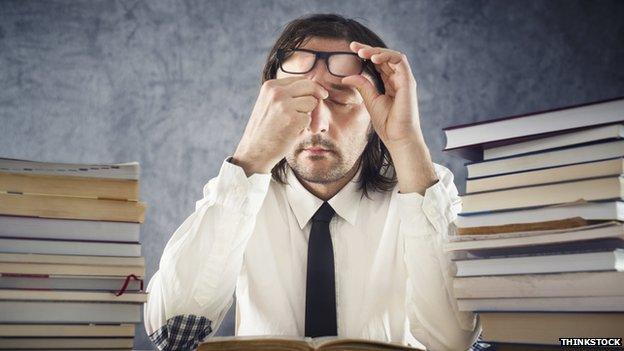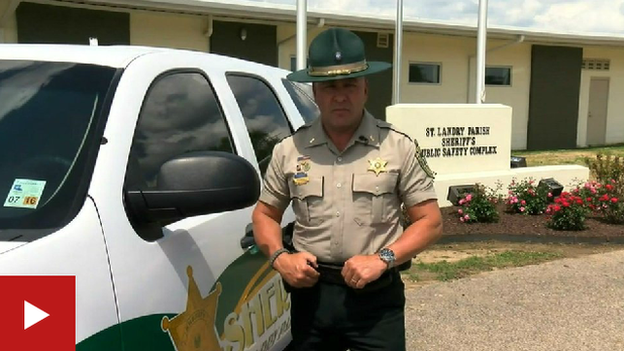Famous writers on what NOT to say
- Published

Across the internet writers are venting their frustrations using the hashtag #TenThingsNotToSayToAWriter. Writer Simon Van Booy picks out his favourites, and reflects on the trend.
A recent Twitter hashtag is proving that writers across a plethora of genres are not only a tortured bunch, but rather an indignant one too. For authors at various stages of commercial or literary success, #TenThingsNotToSayToAWriter, external is the chance they've been waiting for, to throw it all back in the public's face, in 140 characters or fewer.
And who can blame them when comments, questions and observations from the general public include:

The hashtag was not only fun to follow as a collective grumble, but intriguing in how it also exposes the most sensitive elements of a writer's craft, as famous authors revealed where it hurts the most.


As a novelist myself who frequently tours in the US and in China, fielding comments that range from the bizarre to the terrifying is, as most writers will accept, part of the job. I learned this early on, at one of my first book signings inside a shopping mall in rural Kentucky. The actual books had failed to arrive and so the manager, not to be deterred, set an enormous table in front of the shop with a chair and a large handwritten sign that said "MEET AN AUTHOR".
Apart from children stopping to sheepishly ask if I'd written every book in the shop window, a Vietnam veteran came over to tell me that he'd read a book a long time ago - but it probably wasn't mine. Another customer, Pamela, after chatting for some minutes, promised to buy my book when it arrived in the shop - and even emailed a few months later to prove she had actually done so. Pamela and I kept in touch, and even exchanged a few longer letters three years later, when she began radiation treatment for cancer.
Writers in the public eye are often treated as therapists in need of clients, or peddlers of an obscure tonic they've created to cure things like heartbreak or grief.

Perhaps the tension which has led to the success of this hashtag also arises from how the art of writing is often perceived by the people doing it, as a solitary and perhaps even deeply personal experience, while the act of publishing is exactly that - a performance taking place in reverse, where a significant number of people in the audience are trying to judge an author before they've even read the work.
My own personal all-time favourite comment came while I was sitting alone with a pen and a tower of my first collection of short stories, at a bookstore in downtown Detroit. While the staff were trying to divert frenzied customers to my table in the corner (the date of my reading coincided with the release of the latest Harry Potter novel), a short, stocky man in a black-leather trench coat, sunglasses and enormous platform boots burst through the shop doors, marched right up to my table and said he wasn't going to buy a book - but asked if I'd like to go at an 80s goth metal dance club that night.
Of course, I said "yes".
After all, I spend my days alone at a desk in a dark, windowless room, laughing and crying with imaginary people, then killing them. So the chance to dance with a stranger in a smoke-filled club, or indeed, to listen to absurd, horrifying and very occasionally brilliant suggestions from the public is, in my opinion, a wonderful antidote to the loneliness and hard labour required for the craft.
As for faithful Pamela from the shopping mall in Kentucky, she beat the cancer, dumped her boyfriend and moved to Michigan. How's that for a story?
Next story: Lt Clay Higgins: 'Cajun John Wayne' calls out criminals

A Louisiana police officer has found fame for videos in which he identifies the area's criminals and calls on them to turn themselves in. WATCH THE VIDEO
You can follow BBC Trending on Twitter @BBCtrending, external, and find us on Facebook, external. All our stories are at bbc.com/trending.